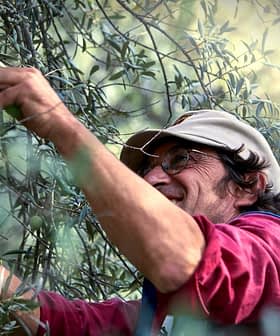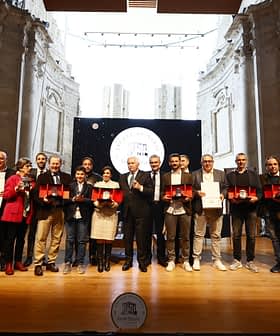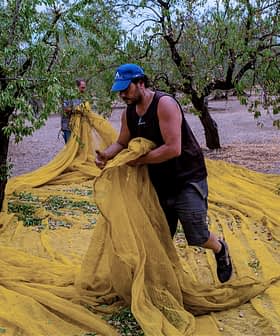Yuka, a food rating and recommendation mobile application, has been approved by Italy’s market watchdog after changing how it recommends food items to consumers.
The Italian Antitrust Agency (AGCM) has accepted a long list of modifications proposed by the app that decouples its recommendations from the food items’ Nutri-Score rating.
Yuka’s creators say the app is designed to help consumers identify healthy food choices in a dozen countries, including the United States, Australia, Spain, France and Italy.
See Also:Nutri-Score Does Not Penalize Traditional Food Specialties, Survey FindsLast November, the AGCM announced an investigation into the mobile app. The agency cited its similarities to Nutri-Score, a food rating system that has come under immense scrutiny in Italy, and concerns that it may be disruptive to some agricultural producers.
Confagricoltura, a farmers’ and producers’ association, warned that Yuka pushed consumers away from certain “bad” foods and toward other “good” foods based on their Nutri-Score rating. They added that these recommendations would severely affect producers of traditional Italian food specialties.
Nutri-Score is a front-of-pack-label derived from an algorithm that grades packaged food items with a five-color/letter scheme, from the healthiest Green A to the least healthy Red E.
Nutri-Score ratings are determined by sugar, salt and fat content per 100 gram or milliliter serving.
Olive oil producers across Europe criticize the Yellow‑C rating attributed to all grades of olive oil, arguing the health benefits of its micronutrients are ignored.
While its proponents argue that Nutri-Score helps consumers select the healthiest option among specific food categories (such as edible oils), Yuka offers comparison tools and buying tips on the spot.
To meet the AGCM’s requirements, Yuka updated its policies and the information it provides to users.
It reduced the weight given to Nutri-Score ratings in the Italian version of the app and now considers a food’s micronutrient content, such as polyphenols, and additives.
As a result of the changes, the app’s creators said sugar-free soft drinks would receive a lower ranking than their Light-green‑B Nutri-Score rating.
The app producers added that Nutri-Score’s ratings were now extrapolated into a numerical score from zero to 100.
After these changes, extra virgin olive oil received a score of 75. Organic extra virgin olive oil is rated at 85.
The mobile app was also modified to remove the direct links to specific studies conducted on food labeling in different countries, which the AGCM said may be viewed as endorsements of Yuka ratings.
Yuka was also required to warn consumers in Italy that diet is only one component of a healthy lifestyle, along with exercise, hygiene, environmental factors, smoking, stress and alcohol and drug use.
“The score awarded by the app represents, therefore, a mere opinion of the publisher based on available information on the food product,” its creators said.









